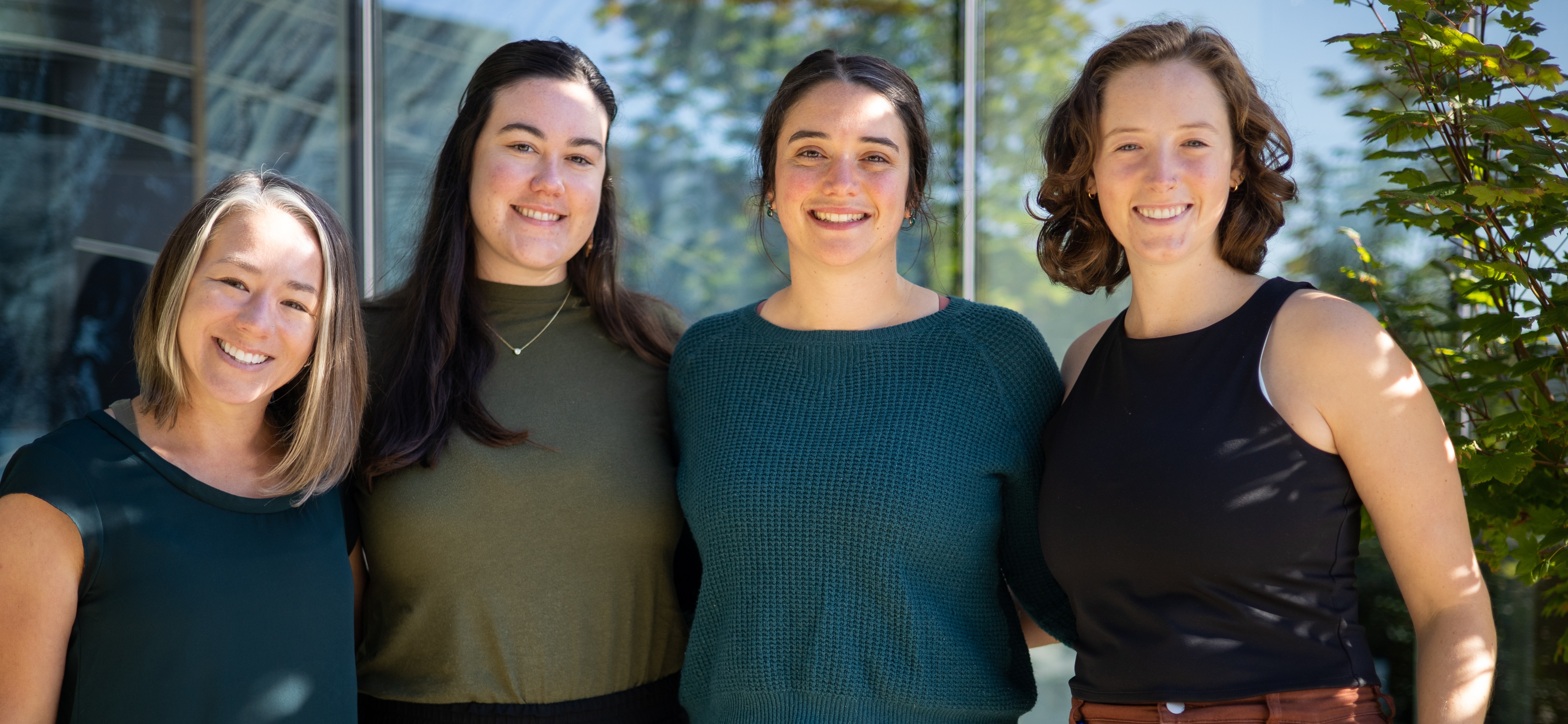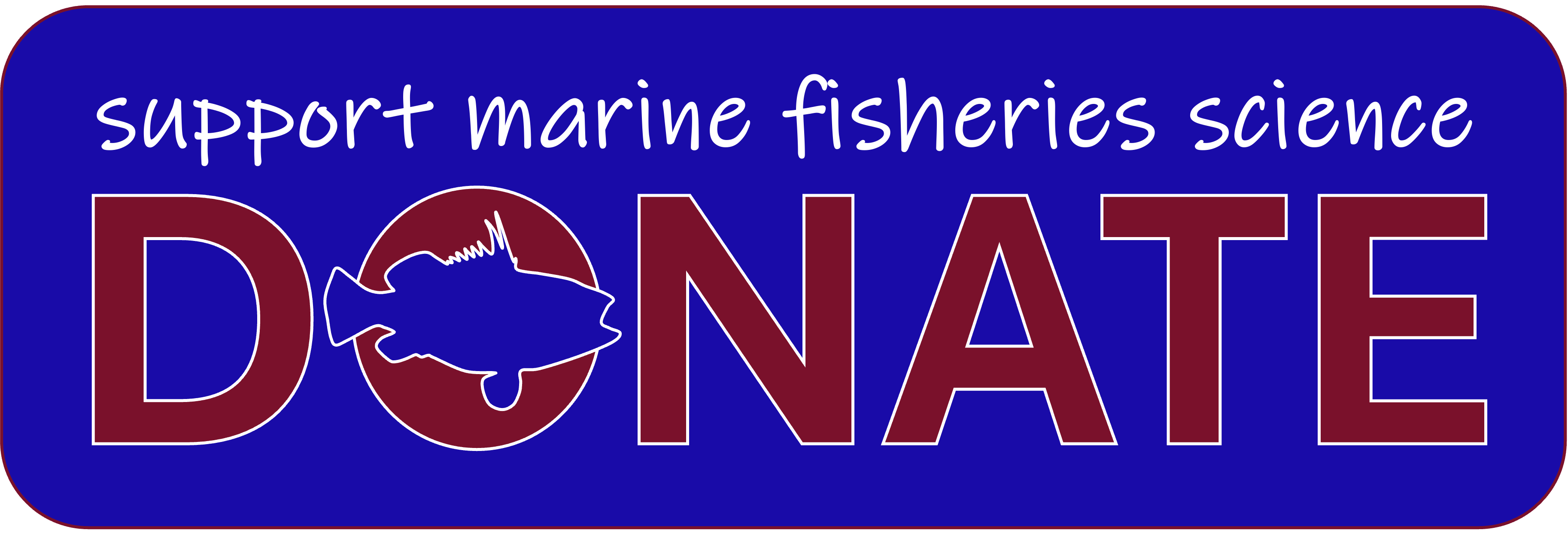WHO WE ARE
The Integrated Marine Fisheries (IMF) Lab is part of the Coastal Oregon Marine Experiment Station based at the Hatfield Marine Science Center. We also belong to the Department of Fisheries, Wildlife, and Conservation Sciences and College of Agricultural Sciences at Oregon State University. Our lab is supported by and works in close collaboration with the Oregon Department of Fish and Wildlife’s Marine Resources Program.
WHAT WE DO
The main objective of the IMF Lab is to conduct scientific research that informs marine resource management. Much of our work focuses on better understanding population and community dynamics of groundfishes in the North Pacific. To do so, we rely on field sampling, lab-based research, and statistical modeling techniques. We also place considerable value on collaborating with academic and agency scientists, resource managers, and fishery stakeholders because of its benefit to both process and product. Some common research themes include: evaluating effects of spatial and temporal scales on ecological inferences, enhancing scientific lessons through cross-regional comparisons, and using multiple metrics to improve our understanding about processes of interest.


